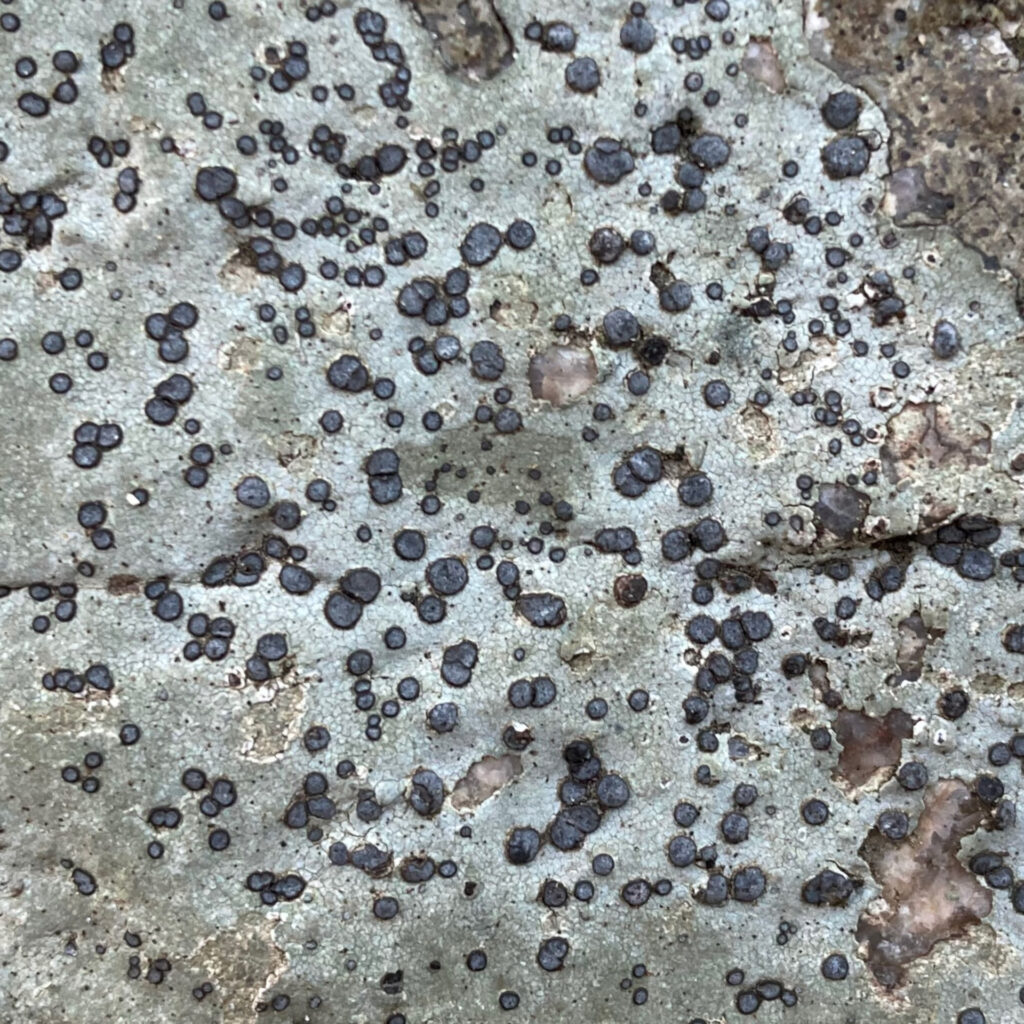“All academic thinking, whether right, left, or middle, is conservative in the extreme…. Nobody wants to hear what he [sic] hasn’t heard before.” — Hannah Arendt, in a letter to the philosopher Richard J. Bernstein, quoted in Jordi Graupera, “A Philosophy Professor’s Final Class,” New Yorker magazine, January 3, 2023.
What Hannah Arendt says applies in large part to religion as well. Religion tends to conservatism for the same reason academia tends to conservatism: people would prefer not to hear something they haven’t heard before.
However, organized religion is somewhat less conservative than individualized religion. In other words, someone who is “spiritual but not religious” (SBNR) is likely to be more conservative than someone who is part of a religious community.
This is analogous to the tendency of an autodidact to be more conservative than an academic working in academia. When an autodidact has to listen to a challenge to their hard-won, often tenuous knowledge, it can feel like an assault on their very self-hood. When a tenured faculty member has to listen to a challenge to their hard-won knowledge, at least they’re getting paid for it.
So here’s the question. In a time when organized religion is in decline here in the US, should those of us in organized religion give in to the tendency to extreme conservatism? Or should we try to be a little more open?
Richard J. Bernstein had a strong opinion about this question. Jordi Graupera paraphrases Bernstein’s response: “We must all fight off this tendency to conformity, [Bernstein] said. Even intelligent people learn to go along with what is conventional, he explained, and they reject good philosophy.”



